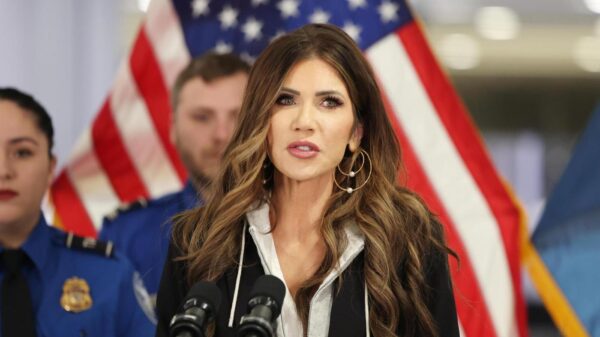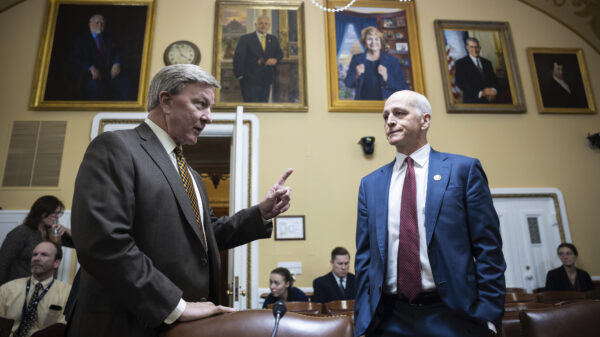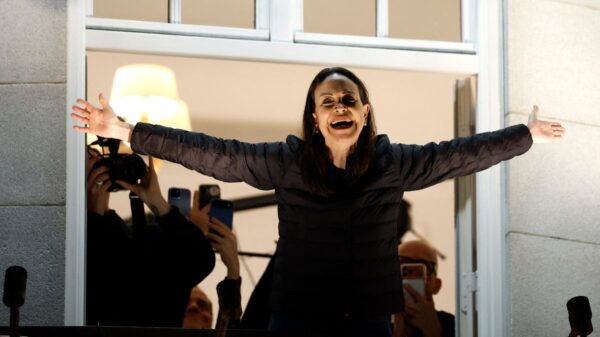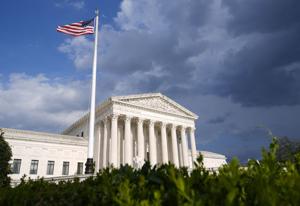The Supreme Court has denied an appeal from Ghislaine Maxwell, the former girlfriend of Jeffrey Epstein, who is currently serving a 20-year prison sentence for her role in Epstein’s sex trafficking operation. The decision, made public on July 12, 2021, marks another significant setback for Maxwell in her ongoing legal battles.
Maxwell, 61, was convicted in December 2021 on five counts, including conspiracy to entice minors to engage in illegal sex acts. Her attorneys argued that the trial was marred by procedural errors and claimed that the jury was not properly instructed during deliberations. However, the Supreme Court did not provide a detailed explanation for its decision to reject the appeal.
Background on the Case
The case against Maxwell has drawn widespread attention, not just for her connection to Epstein but also for the broader implications regarding sex trafficking and the exploitation of vulnerable individuals. The U.S. Department of Justice has maintained a strong focus on holding accountable those involved in Epstein’s network, which included high-profile figures from various sectors.
Maxwell’s conviction followed a highly publicized trial that featured testimonies from several accusers, who detailed their experiences of abuse. The prosecution portrayed her as a key player in Epstein’s operations, facilitating the recruitment and grooming of young girls. Maxwell’s defense, on the other hand, sought to undermine the credibility of the witnesses and argued that Maxwell herself was also a victim of Epstein’s manipulation.
Response from Maxwell’s Legal Team
Following the Supreme Court’s decision, Maxwell’s legal team expressed disappointment but indicated that they would continue to pursue other avenues for her appeal. They emphasized their commitment to seeking justice for Maxwell, asserting that the judicial process must be fair and just. Her lawyers have previously indicated plans to challenge aspects of her sentencing and the trial’s conduct.
Maxwell’s case has sparked ongoing debates about accountability in cases involving high-profile individuals and the justice system’s handling of sex trafficking allegations. Advocates for survivors have called for stronger protections and support for victims, emphasizing the need for systemic change to prevent such abuses from occurring in the future.
As Maxwell remains in custody, the fallout from her case continues to reverberate across the legal landscape, highlighting the complexities of justice in cases involving sexual exploitation and power dynamics. The Supreme Court’s refusal to hear her appeal leaves Maxwell’s future uncertain, while also reinforcing the importance of addressing the issues raised by her conviction.






































































